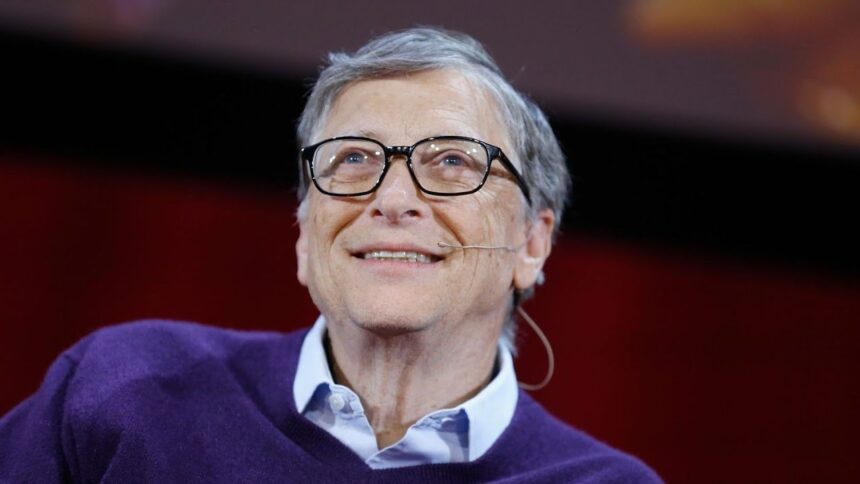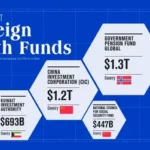In a bold move to address global challenges, billionaire philanthropist Bill Gates has announced that he will double his charitable contributions to a staggering $200 billion over the next 20 years. The Microsoft co-founder revealed this commitment in a blog post, citing pressing global issues such as child health, climate change, and the philosophy of wealth redistribution championed by Andrew Carnegie.
Bill Gates expressed a deep commitment to ensuring that his wealth would not be hoarded, stating, “I am determined that ‘he died rich’ will not be one of them,” referencing his goal to use his resources to help solve urgent global problems.
Gates Foundation’s Historic Contributions
Gates, who currently holds the title of the world’s fifth-richest individual with a net worth of $168 billion, is making this ambitious pledge through the Gates Foundation. Established in 2000 with his ex-wife Melinda French Gates, the foundation has already donated over $100 billion towards global health and poverty alleviation. Bill Gates confirmed that after he has given away “virtually all” of his wealth, the foundation will close in 2045. This new commitment will assume that the foundation’s endowment continues to grow through its investments, thus furthering its long-term impact on global challenges.
The foundation’s reach and scope are unmatched in philanthropic circles, yet Bill Gates acknowledges the limitations of philanthropy when faced with government funding cuts. He expressed that despite his significant increase in giving, no non-profit organization can make up for the drastic cuts in foreign aid by wealthy nations, including the United States and European countries.
Philanthropy Alone Cannot Replace Government Aid
In his blog, Bill Gates addressed the growing concern of diminishing government aid, particularly foreign assistance from wealthy countries like the U.S., U.K., and France. These nations have slashed their aid budgets by tens of billions of dollars, putting additional pressure on non-profits to fill the gap. However, Bill Gates made it clear that even the Gates Foundation cannot bridge this widening divide. He warned that cuts in foreign aid will have devastating effects, particularly in poorer regions of the world.
Furthermore, Bill Gates criticized Elon Musk for his role in supporting these cuts, particularly through the U.S. government’s reduction of funding to the U.S. Agency for International Development (USAID). This federal agency was responsible for distributing billions in aid, providing essential resources like healthcare, food, and clean water across the globe.
Also Read: Commercial Bank’s Pioneering Move to Introduce Powerful Real Estate Escrow Account in Qatar
In an interview, Gates expressed his disapproval of Musk’s actions, noting, “The picture of the world’s richest man killing the world’s poorest children is not a pretty one.” Gates emphasized that the drastic cuts in U.S. foreign aid could lead to severe consequences, including untreated severe malnutrition in children and increased deaths from diseases like malaria.
The Giving Pledge and Musk’s Philanthropy
In addition to his personal commitment, Gates and Warren Buffett co-founded the Giving Pledge in 2010, encouraging the world’s wealthiest individuals to pledge more than half of their wealth to philanthropy during their lifetime or in their will. Although Musk has signed the pledge, Gates remains uncertain whether the Tesla CEO will follow through. Musk has faced criticism for his relatively low levels of charitable giving, with estimates suggesting he has donated less than 1% of his wealth. In contrast, Gates has already contributed more than $100 billion through his foundation and has now committed to expanding this legacy significantly.
In The End
While Musk’s approach to philanthropy remains a subject of debate, Gates continues to lead by example. His doubling of his charitable giving reflects his deep sense of responsibility towards addressing the world’s most urgent issues. However, his comments also serve as a reminder of the crucial role governments play in supporting global welfare—highlighting the irreplaceable need for both private and public investment in tackling the world’s biggest challenges.
Follow 10X Times for more business news.






